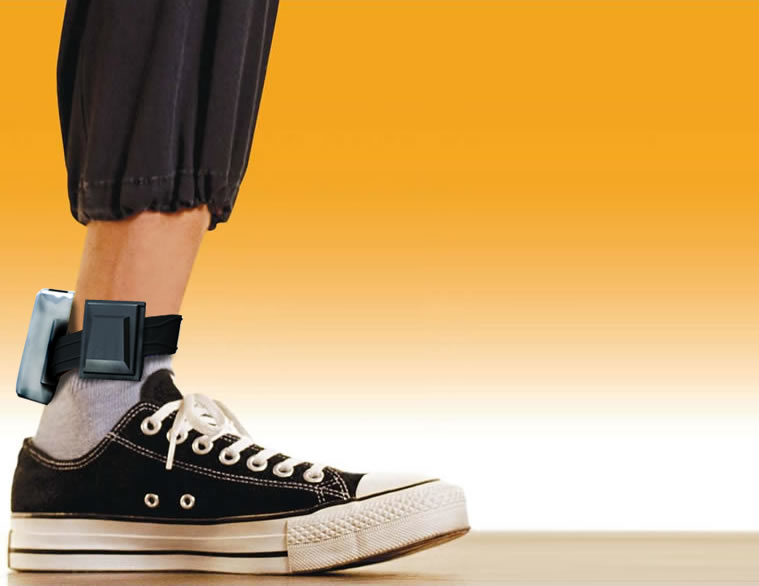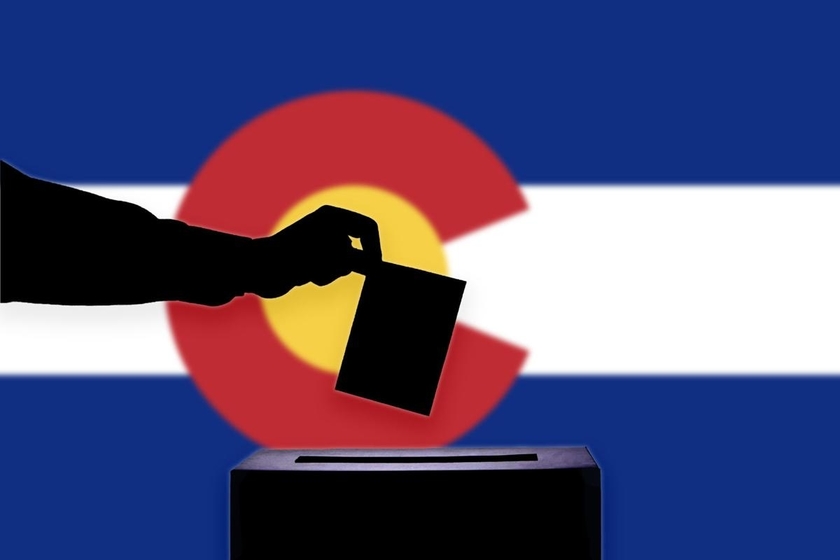Bail Bonds Blog and Resources
New York Peers Into the Abyss of Bail Reform
- Details
- Published: Wednesday, 18 September 2019 11:15
- Written by Chris Ramos

Ask most people who say they support eliminating bail why they support it, and you'll likely get some form of "it discriminates against poor people." Okay. If true, that's horrible. But can they provide any evidence it's actually true? "Well," they'll likely reply, "there are a lot more poor people in jail than rich people."
Okay. But does being poor excuse you for murdering someone? Or raping someone? Or stealing their car? Or holding up a family grocery store with a loaded weapon? And if a person is accused of committing these types of crimes, shouldn't there be some way to ensure they show up to face their accuser in court?
The Truth About Ankle Bracelets and Bail Bonds
- Details
- Published: Sunday, 08 September 2019 15:55
- Written by Chris Ramos

One of the cornerstones of the anti-bail movement has been the oft-repeated notion that the entire concept of the bail bondsman is obsolete. There is nothing a bonding agent does, we've been told, that an ankle bracelet and some software can't do better. It sure sounds great. And in a world where 7-year-olds walk around with more computing power in their pocket than it took to send men to the moon, it's tempting to think it's true. But it's not. And one brave law enforcement official recently displayed the courage to stand in opposition to the catch and release mindset that has gripped parts of the nation.
What’s the Difference Between Public and Private Bail?
- Details
- Published: Saturday, 24 August 2019 20:28
- Written by Chris Ramos

Contrary to popular belief there is no constitutional right to bail bonding. “Hogwash!” You say. “What about the 8th amendment?” Well, the 8th amendment does mention bail. But it never states that everyone has a right to bail. Instead it approaches the subject from an oblique angle stating only that “excessive bail shall not be required”. That’s it. Nothing as concrete as the right to bear arms or the right to a speedy trial. The right to bail is inferred by the right to not be saddled with an overtly punitive bail amount. The actual status of bail and its shape is something the founders left to us later generations to figure out.
How NOT to Act if You’re Being Arrested
- Details
- Published: Thursday, 08 August 2019 22:19
- Written by Chris Ramos

No one wants to be arrested. It’s traumatic, disruptive, inconvenient as hell and could turn out to cost you a lot of money and leave a stain on your reputation. But it happens. Often when we least expect it. When situations escalate and it suddenly becomes clear the police are going to slap the cuffs on you there is a right way to act and a wrong way to act. If you want to make it hard for the bail bonds agent to obtain your release you’ll act the wrong way. If you want to be back home ASAP you’ll act the right way. Below we’ll go over how NOT to act if you’re facing arrest or have been arrested.
Colorado Learns a Valuable Lesson About So-Called Bail Reform
- Details
- Published: Thursday, 25 July 2019 11:20
- Written by Chris Ramos

With so many Americans incarcerated and more than 10 million arrested each year it’s no wonder that politicians, desperate to grab hold of an issue they think will resonate with voters, have glummed onto bail reform. The bail system is an easy target for a number of reasons.
Arrested? How to Tell Your Boss (and Whether You Should)
- Details
- Published: Tuesday, 16 July 2019 15:14
- Written by Chris Ramos

When people get arrested it creates all kinds of ripples in their life. Not only may they be facing charges that could disrupt their life and the lives of their loved ones for years, but even if the charges are not terribly serious there could still be fallout that causes damage to personal and professional relationships. One of those is the relationship between the arrested person and their employer. A lot of people wonder just what are their obligations when it comes to informing the company they work for that they were arrested and are now out on bail. Do they have to tell them at all? If they don’t tell them will the city or state notify their employer? Will the bondsman call their boss and tell them what happened? It’s all very confusing but below we’ll try and shed some light on this topic.
Search
Site Menu
Our Mission
To get your friends, loved ones, and colleagues out of jail as fast as possible all while providing superior service at the lowest possible price
Contact Info
This email address is being protected from spambots. You need JavaScript enabled to view it.
664 Hayloft Way
Brighton, CO 80601